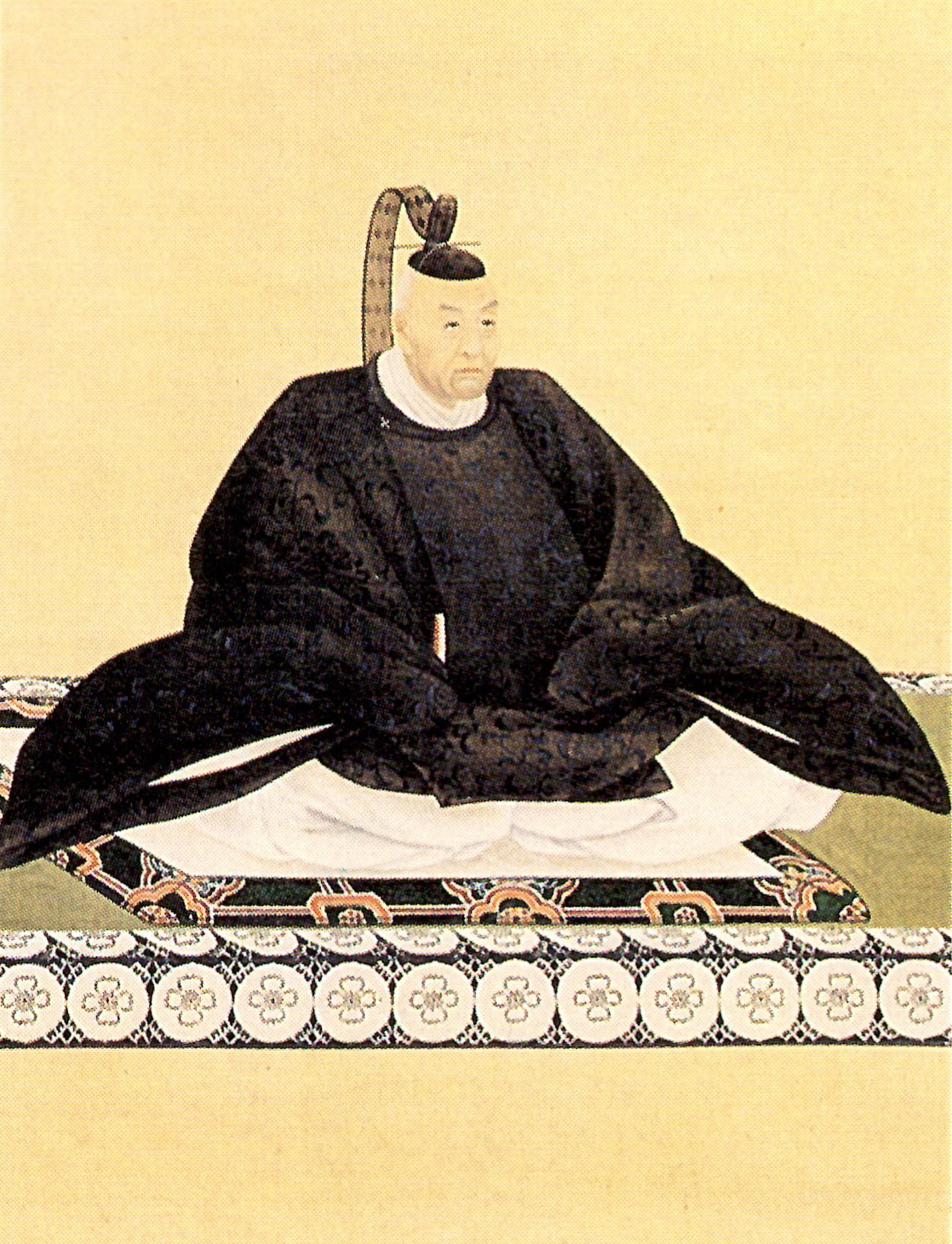Nijō Nariyuki on:
[Wikipedia]
[Google]
[Amazon]
 was a Japanese '' kugyō'' (court noble) of the late
was a Japanese '' kugyō'' (court noble) of the late
 was a Japanese '' kugyō'' (court noble) of the late
was a Japanese '' kugyō'' (court noble) of the late Edo period
The or is the period between 1603 and 1867 in the history of Japan, when Japan was under the rule of the Tokugawa shogunate and the country's 300 regional '' daimyo''. Emerging from the chaos of the Sengoku period, the Edo period was characte ...
and the early Meiji period
The is an era of Japanese history that extended from October 23, 1868 to July 30, 1912.
The Meiji era was the first half of the Empire of Japan, when the Japanese people moved from being an isolated feudal society at risk of colonization ...
. He was the last '' kampaku'' regent
A regent (from Latin : ruling, governing) is a person appointed to govern a state '' pro tempore'' (Latin: 'for the time being') because the monarch is a minor, absent, incapacitated or unable to discharge the powers and duties of the monarchy ...
in Japanese history and the last ''sesshō'' as a subject. He was the 26th head of the Nijō family
is a Japanese aristocratic kin group. Papinot, Jacques Edmond Joseph. (1906). ''Dictionnaire d’histoire et de géographie du Japon''; Papinot, (2003)"Nijō," ''Nobiliare du Japon'', p. 42 retrieved 2013-7-7. The Nijō was a branch of the Fuji ...
.
Life
Nijō Nariyuki was born as the second son ofMinister of the Left
The ''Kenkyusha's New Japanese-English Dictionary'', Kenkyusha Limited, was a government position in Japan in the late Nara and Heian periods. The position was consolidated in the Taihō Code of 702.
The Asuka Kiyomihara Code of 689 marks the i ...
, Nijō Narinobu.
He held regent
A regent (from Latin : ruling, governing) is a person appointed to govern a state '' pro tempore'' (Latin: 'for the time being') because the monarch is a minor, absent, incapacitated or unable to discharge the powers and duties of the monarchy ...
positions ''kampaku'' from January 31, 1864 to January 30, 1867 and ''sesshō'' from February 13, 1867, to January 3, 1868.
He adopted a son of Kujō Hisatada
, son of Nijō Harutaka, was a ''kuge'' or Japanese court noble of the Edo period (1603–1868). He was adopted by his brother Suketsugu as his son. He held a regent position kampaku from 1856 to 1862, and retired in 1863, becoming a buddhist m ...
who became known as Nijō Motohiro. He also had son Nijō Masamaro.
References
* 1816 births 1878 deaths Fujiwara clan Nariyuki {{japan-noble-stub